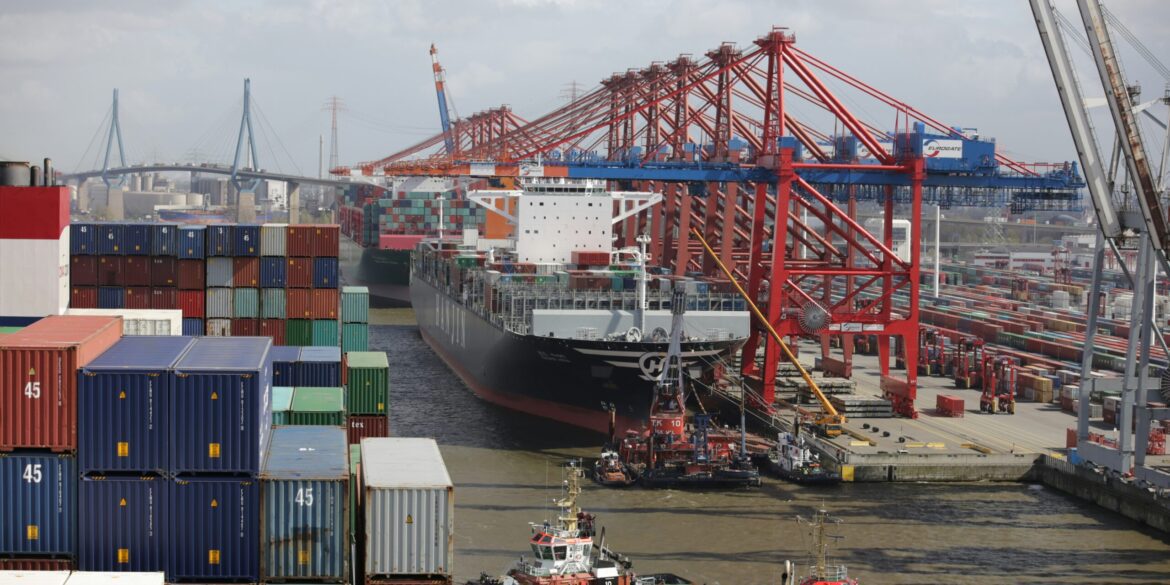In a recent interview, Alan Auerbach, Robert D. Burch Professor of Economics and Law at the University of California, Berkeley, cautioned that while President Donald Trump’s tariff policies are currently aiding in reducing the U.S. fiscal deficit, they pose significant long-term economic risks.
Auerbach explained that the tariffs are generating revenue for the federal government, thereby contributing to a short-term decrease in the fiscal deficit. However, he emphasized that this approach could lead to adverse consequences over time. “While tariffs may provide immediate fiscal benefits, they can disrupt global trade patterns, increase costs for consumers and businesses, and deter investment,” he stated.
The professor highlighted that the increased costs resulting from tariffs are often passed on to consumers, leading to higher prices for goods and services. This inflationary pressure can reduce consumer spending power and potentially slow economic growth. Moreover, businesses facing higher input costs may scale back investment, further dampening economic prospects.
Auerbach also pointed out that tariffs can strain international relations and lead to retaliatory measures from trading partners. Such trade tensions can create uncertainty in global markets, affecting supply chains and potentially leading to a decrease in exports. “The long-term impact of tariffs could be a weakened U.S. economy due to reduced competitiveness and strained trade relationships,” he warned.
In light of these concerns, Auerbach advocated for comprehensive fiscal reforms aimed at addressing structural economic challenges while promoting sustainable growth. He suggested that policymakers focus on measures that enhance productivity and competitiveness without resorting to protectionist policies that may have detrimental long-term effects.
The discussion comes amid ongoing debates over trade policy and fiscal management in the United States. While tariffs can serve as a tool for addressing trade imbalances and protecting domestic industries, experts like Auerbach caution that their use should be carefully considered within the broader context of economic strategy and international relations.
As the U.S. continues to navigate complex economic challenges, the insights provided by economists such as Auerbach underscore the importance of balancing short-term fiscal objectives with long-term economic stability. Policymakers are urged to consider the broader implications of trade policies and to pursue reforms that foster a resilient and competitive economy.

